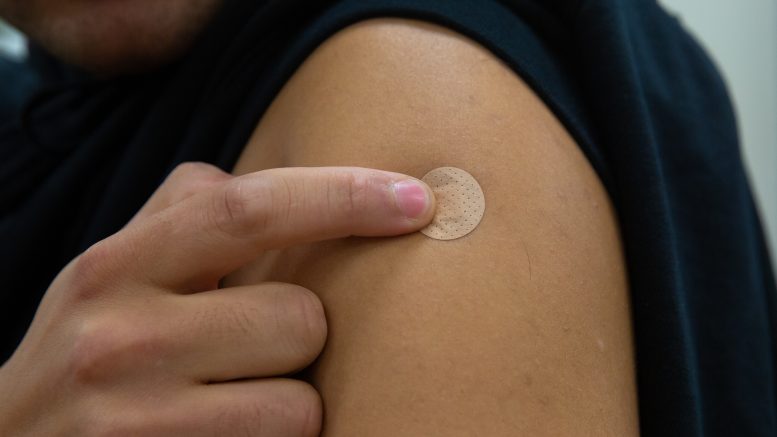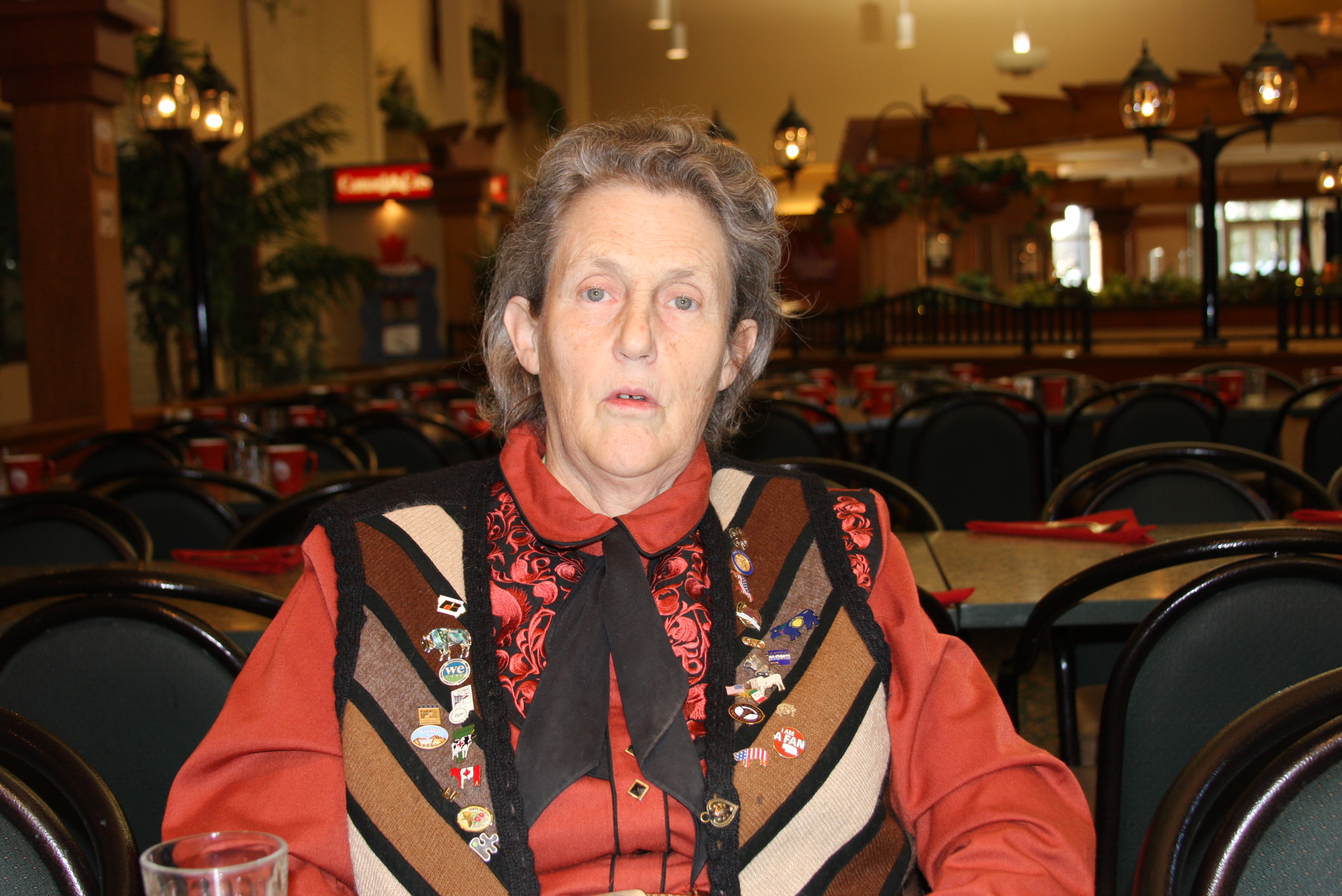As the holiday season approaches, Manitoban health authorities are advising people to protect themselves, their families and their community by getting their COVID-19 and seasonal influenza (the flu) vaccines.
Jordyn Lerner, assistant professor and medical director of the Rady faculty of health sciences immunization program, encourages Manitobans to stay up to date with both vaccines.
Lerner noted that all Manitobans six months and older are eligible for both vaccines. Although people who have had allergic or severe reactions to the COVID-19 vaccine should speak to their physician before vaccination, the vast majority of the population is advised to get vaccinated.
“We are in peak COVID season right now,” said Lerner.
He explained that, over the past two years, COVID-19 cases have increased around this time of year. Currently, cases have peaked in Manitoba.
“It’s as intense, hopefully, as it’s going to get,” Lerner said. “I’m hoping it starts to decline in the next few weeks, over the next month or so. But COVID is out there.”
Coronaviruses like COVID-19 tend to survive longer in the lower temperatures, decreased sunlight and lower humidity of winter. With less water vapour in the air, small liquid particles containing the virus are able to remain suspended in the air for longer. This gives the virus more opportunities to be transmitted.
When winter arrives, people tend to spend more time indoors. Poorly ventilated indoor spaces allow COVID-19 to spread more easily. The travel and social gatherings that accompany the holidays further this effect.
“A lot has changed with COVID since it was first introduced,” said Lerner. “It’s not this new disease. We now have some immunity, we have tests, we have treatments, but people do still die of COVID.”
People over the age of 65 and racialized people are more likely to die of COVID-19. Those with dementia or Alzheimer’s disease are especially at risk.
“One of the best ways you can protect yourself is getting vaccinated,” Lerner said, adding that staying home when sick and wearing a mask in crowds can help to reduce the spread of COVID-19 as well. COVID-19 vaccines are the safest means of avoiding hospitalizations, severe illness, long-term health effects and death from the disease.
Even for those who have contracted COVID-19 and recovered before, getting vaccinated is still important. Though recovering from COVID-19 may provide temporary immunity against the virus, that immunity seems to reduce. Though generally milder, reinfections do happen. Some people may experience an increased risk of hospitalization and other medical problems each time they contract COVID-19.
Research shows the virus that causes COVID-19 can change and mutate over time. Staying up to date on vaccinations helps people stay protected as new viral strains emerge. The current vaccine is updated to provide protection from the XBB.1.5 COVID-19 strain.
The flu, Lerner said, is similarly on the rise. Like COVID-19, the flu virus thrives in the cold weather of winter.
Lerner explained that COVID and flu vaccines differ in important ways. While the earlier iterations of the COVID-19 vaccine may have been able to prevent transmission, this is not the case for current versions. The flu vaccine, however, decreases flu virus transmission rates. This means an infected individual who has been vaccinated is less likely to infect others with the flu.
People who are at high risk of complications from the flu are especially encouraged to receive the flu vaccine. This includes Indigenous people, people who are pregnant, people under five or over 65 years of age and people with chronic illnesses.
“Even if you’re not going to get the flu shot for yourself, get it for your loved ones, get it for your family, for the infants who are in your house, the elderly, the people with chronic medical conditions,” said Lerner.
Like COVID-19, flu viruses can mutate and change over time. Because of this, new flu vaccines are produced every year. Each flu shot protects against 3 to 4 different strains of the virus. Even when the vaccine does not exactly match a circulating strain, it can still provide some protection.
“Get your flu shot, get your COVID shot,” Lerner said.
The COVID-19 and flu vaccines are available at medical clinics, pharmacies and other locations across the province. If you have questions or concerns about the vaccine, contact your family physician.




